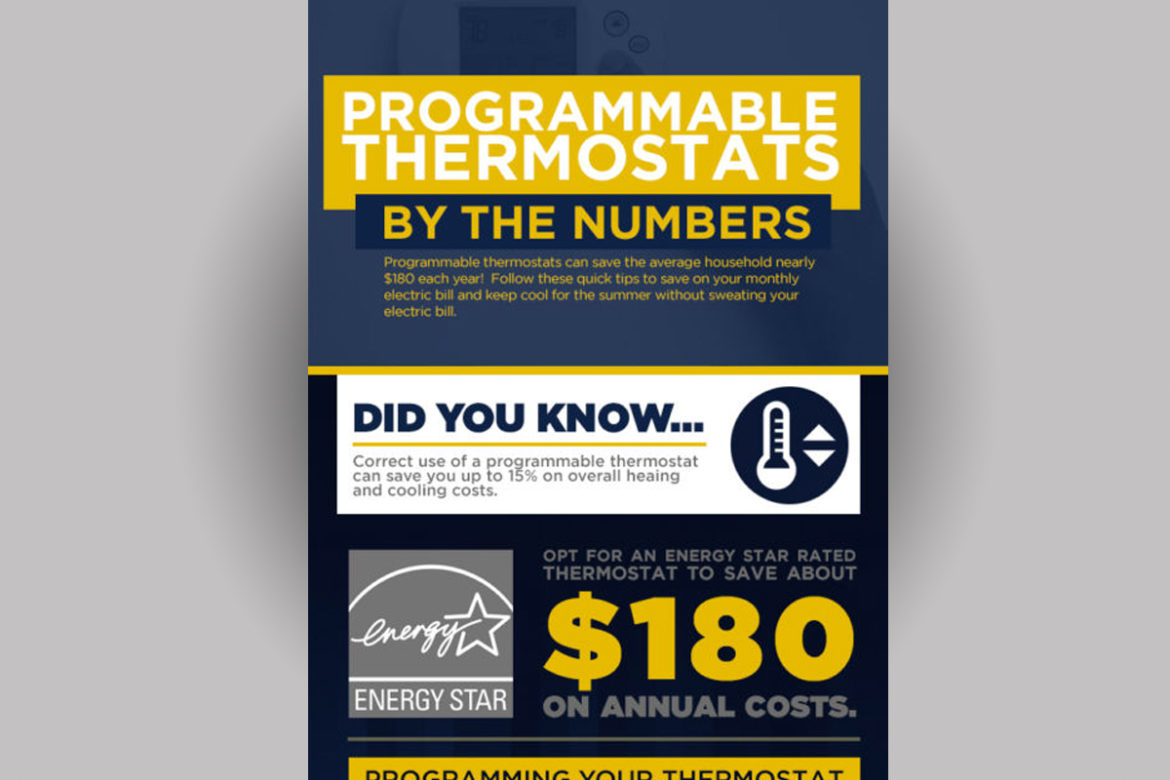The Future Of Home Home Heating - How Heat Pump Technology Is Advancing
The Future Of Home Home Heating - How Heat Pump Technology Is Advancing
Blog Article
Produced By-David Roy
Heatpump will certainly be a crucial technology for decarbonising home heating. In a situation constant with governments' revealed power and environment commitments, their global capacity increases by 2030, while their share in heating rises to one-quarter.
They work best in well-insulated homes and rely on electrical energy, which can be provided from a renewable power grid. Technical breakthroughs are making them much more effective, smarter and cheaper.
Fuel Cells
Heat pumps make use of a compressor, cooling agent, coils and followers to move the air and heat in homes and appliances. They can be powered by solar power or power from the grid. They have actually been gaining appeal as a result of their affordable, quiet operation and the ability to produce power throughout peak power demand.
Some business, like IdaTech and BG MicroGen, are servicing fuel cells for home heating. These microgenerators can replace a gas boiler and generate some of a house's electric demands with a connection to the electrical energy grid for the remainder.
But there are factors to be doubtful of using hydrogen for home heating, Rosenow claims. https://www.forbes.com/advisor/business/software/secure-browsers/ would be costly and inefficient compared to other innovations, and it would certainly contribute to carbon emissions.
Smart and Connected Technologies
Smart home modern technology enables home owners to connect and regulate their tools from another location with making use of mobile phone apps. For example, clever thermostats can learn your heating preferences and immediately adjust to maximize power intake. Smart illumination systems can be managed with voice commands and automatically turn off lights when you leave the area, reducing energy waste. And smart plugs can check and manage your electric use, allowing you to recognize and restrict energy-hungry devices.
The tech-savvy house portrayed in Carina's interview is an excellent picture of just how residents reconfigure space heating techniques in the light of brand-new wise home modern technologies. They rely on the gadgets' computerized features to execute everyday modifications and concern them as a convenient means of performing their heating methods. Thus, they see no factor to adapt their methods better in order to make it possible for versatility in their home power demand, and treatments targeting at doing so might deal with resistance from these homes.
Electrical power
Since warming homes represent 13% of US emissions, a switch to cleaner choices might make a big distinction. But the modern technology faces obstacles: It's expensive and calls for comprehensive home improvements. And it's not constantly suitable with renewable resource sources, such as solar and wind.
Up until lately, electrical heat pumps were too costly to take on gas models in the majority of markets. But new advancements in layout and materials are making them a lot more budget-friendly. And far better cool climate efficiency is enabling them to work well even in subzero temperature levels.
The following step in decarbonising heating might be making use of warmth networks, which draw heat from a main resource, such as a nearby river or sea inlet, and distribute it to a network of homes or buildings. please click the up coming article would reduce carbon discharges and allow households to make use of renewable energy, such as environment-friendly electrical power from a grid supplied by renewables. This choice would certainly be less costly than changing to hydrogen, a nonrenewable fuel source that requires brand-new infrastructure and would just lower CO2 emissions by 5 percent if paired with enhanced home insulation.
Renewable resource
As electrical energy prices go down, we're starting to see the very same fad in home heating that has actually driven electric autos into the mainstream-- yet at an also much faster pace. The strong environment situation for impressive homes has actually been pushed further by brand-new research study.
Renewables account for a significant share of contemporary heat usage, but have actually been provided restricted plan focus around the world compared to other end-use markets-- and also much less attention than electrical power has. Partly, this shows a mix of customer inertia, split incentives and, in several nations, aids for fossil fuels.
New technologies might make the change much easier. For instance, heatpump can be made a lot more power efficient by changing old R-22 cooling agents with brand-new ones that do not have the high GWPs of their precursors. Some specialists also envision district systems that draw heat from a close-by river or sea inlet, like a Norwegian arm. The cozy water can after that be made use of for cooling and heating in an area.